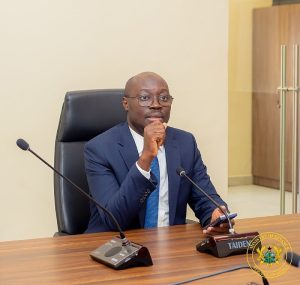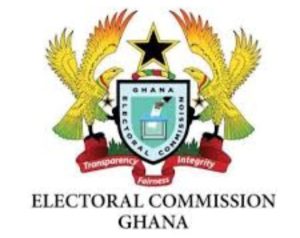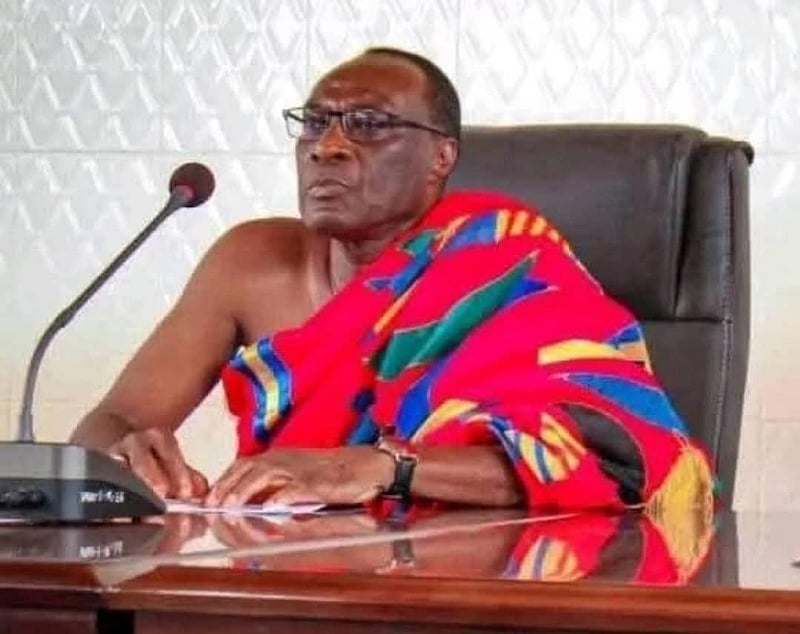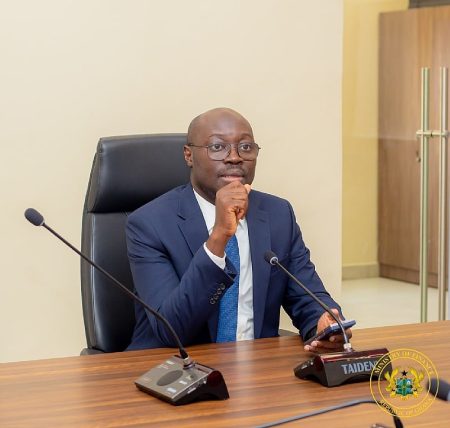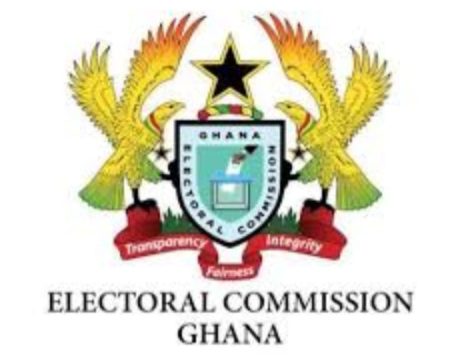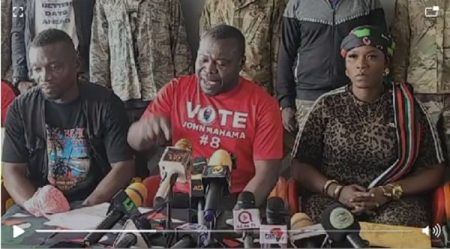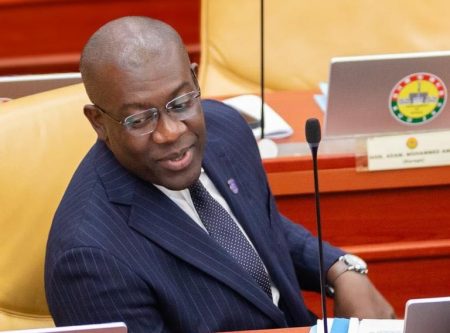The political landscape of the Anfoega Traditional Area in Ghana recently witnessed a dramatic clash between traditional authority and presidential prerogative, ignited by the nomination of a District Chief Executive (DCE). The Paramount Chief, feeling slighted by President Mahama’s decision to overlook his preferred candidate, Madam Solace Dzeble, imposed a ban on all National Democratic Congress (NDC) activities within his domain. This unprecedented move underscored the chief’s discontent with the President’s choice of Mr. Ernest Adevoh for the DCE position, a decision perceived as a disregard for the traditional leader’s influence and recommendation. The chief’s actions reflect the complex interplay between traditional leadership and modern political structures in Ghana, highlighting the potential for friction when these two power bases diverge in their preferences.
The Paramount Chief’s protest extended beyond a mere ban on party activities. In a further demonstration of his displeasure, he barred two sub-chiefs, who also held positions as appointees within the North Dayi District Assembly, from participating in the confirmation vote for Mr. Adevoh. This move aimed to undermine the legitimacy of the process and further express the chief’s disapproval of the President’s nominee. However, despite the chief’s boycott and the exclusion of the sub-chiefs, the confirmation process proceeded as planned. Mr. Adevoh received an overwhelming endorsement from the assembly members, garnering 30 out of 32 votes, solidifying his appointment as the new DCE.
The significant margin of victory for Mr. Adevoh, despite the chieftaincy’s opposition, demonstrated the strength of the President’s influence and the effectiveness of the NDC’s mobilization within the district assembly. The vote outcome suggests that, while the chief’s opinion carries weight within the traditional sphere, it does not hold absolute sway over the formal political processes. This incident highlights the evolving power dynamics in Ghana’s governance structure, where traditional authority, while still respected, must navigate the increasingly influential realm of party politics and presidential appointments.
Following his resounding victory, Hon. Ernest Adevoh, the newly confirmed DCE, addressed the gathering, pledging his commitment to the district’s progress and development. He emphasized his intention to work closely with the area’s Member of Parliament (MP) to implement the President’s RESET agenda within the constituency. This pledge served both as an assurance to the district’s residents and an attempt to move beyond the controversy surrounding his appointment, focusing instead on the future of the region. Mr. Adevoh’s emphasis on collaboration with the MP signaled an awareness of the need for unity and a shared vision for development, particularly given the tensions created by the chief’s actions.
In the aftermath of the confirmation, celebrations erupted across the district, reflecting the general acceptance of the new DCE despite the chief’s protest. Recognizing the potential for lasting division, Hon. Joycelyn Quashie, the MP for North Dayi, addressed the chief’s boycott and underscored the importance of traditional leaders in community development and inclusivity. Referring to the Paramount Chief as a father figure, she expressed her commitment to engaging in dialogue with him to resolve the impasse. Her respectful approach sought to bridge the divide between the traditional authority and the political establishment, highlighting the need for mutual understanding and collaboration in the pursuit of progress.
The presence of high-ranking regional executives of the NDC at the confirmation ceremony, including the Regional Minister, Regional Chairman, Regional Women’s Organizer, and Regional Treasurer, further emphasized the political significance of the event. Their attendance signaled the party’s commitment to supporting the new DCE and navigating the delicate situation with the Paramount Chief. As Mr. Adevoh assumes his duties and the initial tensions begin to subside, the focus shifts to the future relationship between the traditional authority and the district’s new political leadership. The MP’s efforts to mediate a reconciliation between the Paramount Chief and the DCE will play a crucial role in determining the success of future development initiatives within the Anfoega Traditional Area. The long-term impact of this incident will depend on the ability of all stakeholders to find common ground and work together for the betterment of the community.


